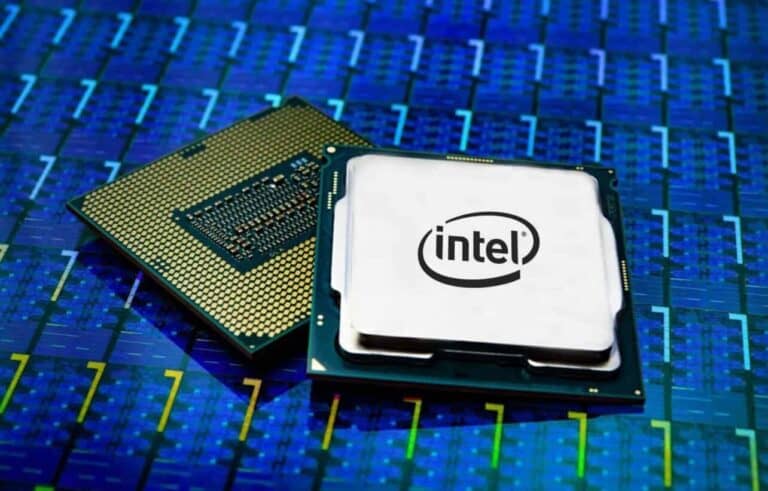Intel claims it can help organizations that don’t have the customer base or budget for Graviton silicon. The chip manufacturer is making moves in the custom silicon market.
Many hardware and software vendors turn to ‘custom silicon’ to accomplish their goals in search of greater efficiency and app performance. The M- and A-series processors by Apple are significant examples. In terms of the cloud, Amazon has been developing customized CPUs, smartNICs, and AI accelerators to reduce costs. Intel recently took initiatives in the custom silicon market as well.
Not all ‘Independent hardware vendors (IHV)’ or software vendors have the expertise, deep pockets, and resources to flare their silicon trail. Many software and hardware vendors, in fact, lack application optimization for all the hardware they use.
Intel’s aim isn’t only to sell faster and better chips; it also aims to engineer processors that are better optimized and efficient for customer’s workloads, said Jeremy Rader, Intel’s General Manager of enterprise strategy and solutions under its DCAI.
Intel’s force of engineers
Rader says Intel has advanced technology and over 20,000 software engineers to help ISV partners reap more from silicon, delivering better efficiency and performance to customers.
“There are so many software companies entering the market, and they’re all looking for guidance on how they should design and take advantage of not just CPU – CPU is the workhorse, it’s the foundation – but they want to understand where does the FPGA play? If they’re not in the cloud, how does the IPU play into this as you look at trying to offload critical tasks or overhead tasks from the CPU”, he said.
Software vendors, Rader claims, aren’t optimizing platforms to benefit from the silicon market, not to mention the specialized accelerators entering the market. Rader believes Intel – among the major chipmakers worldwide – is better placed to help companies achieve their goals.
“We’ve worked with software vendors that weren’t taking advantage of some very simple things that are part of our CPU architecture”, he said. “The types of companies that we work with – these are the big, top-tier software vendors, but also the startups and disruptors – they may have great software expertise, but they tend not to have hardware expertise.”
Tip: Intel launches TRC to prevent cyberattacks on processors
